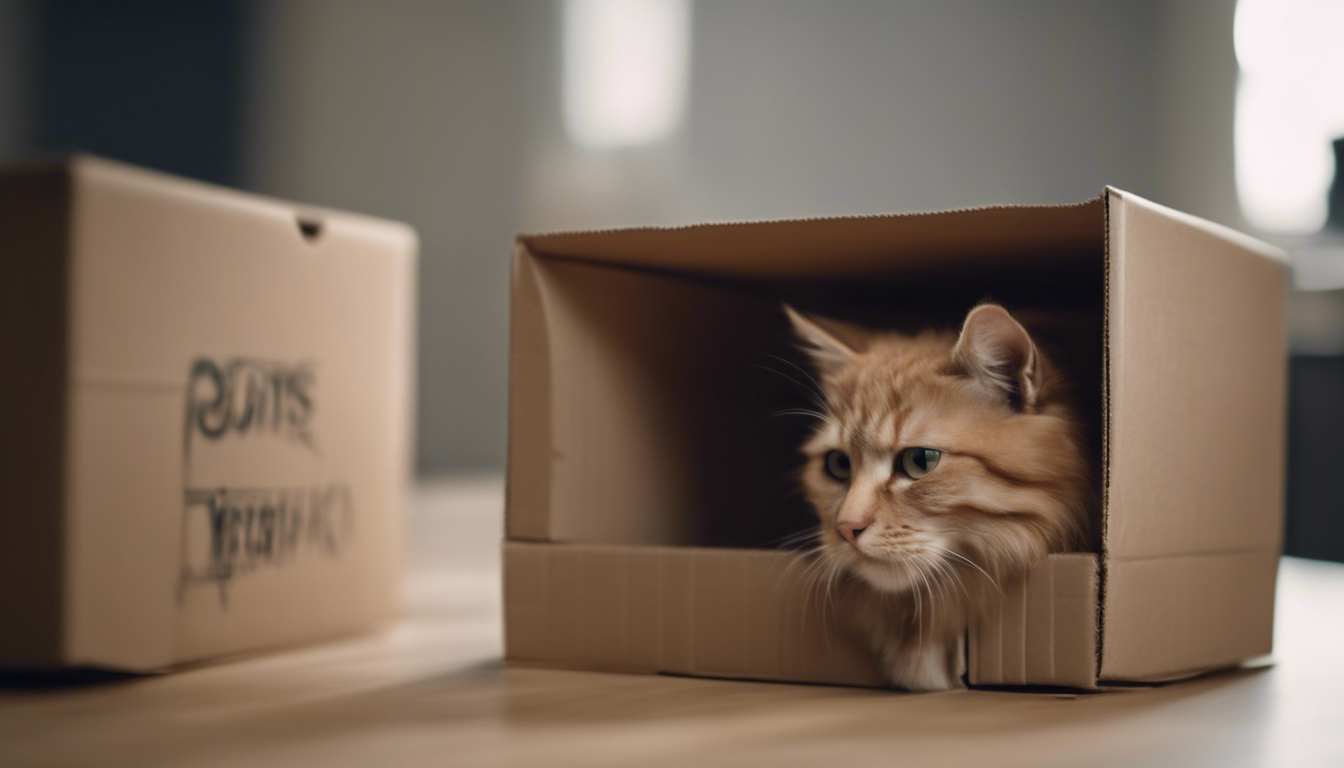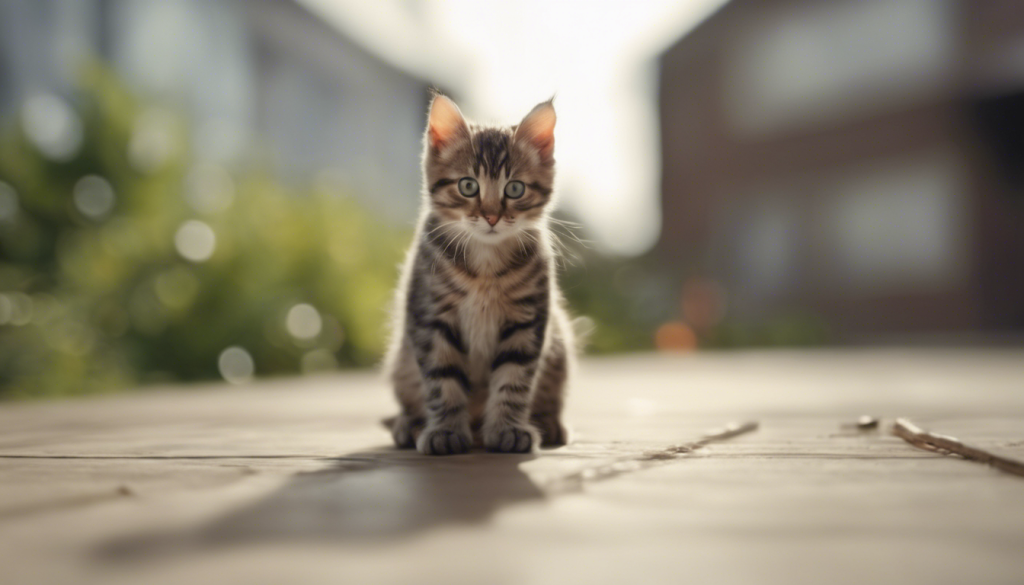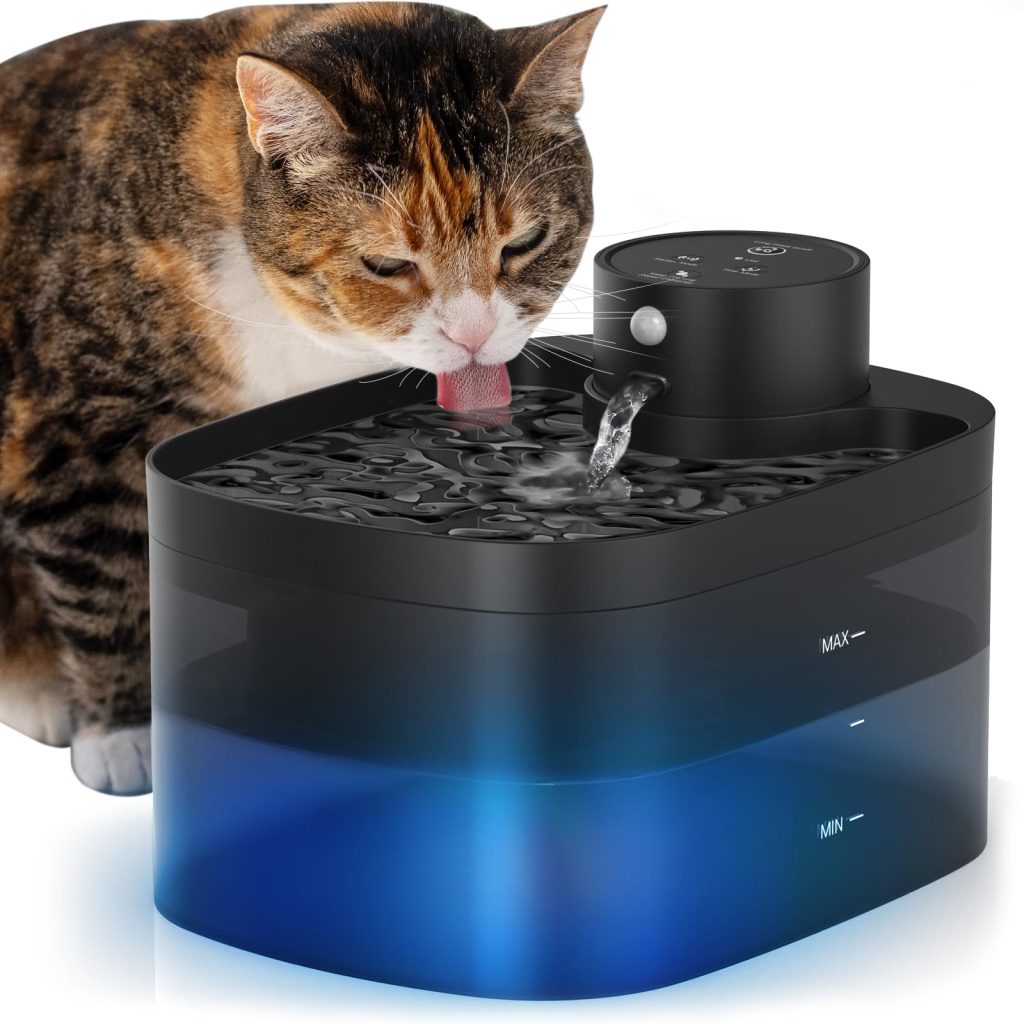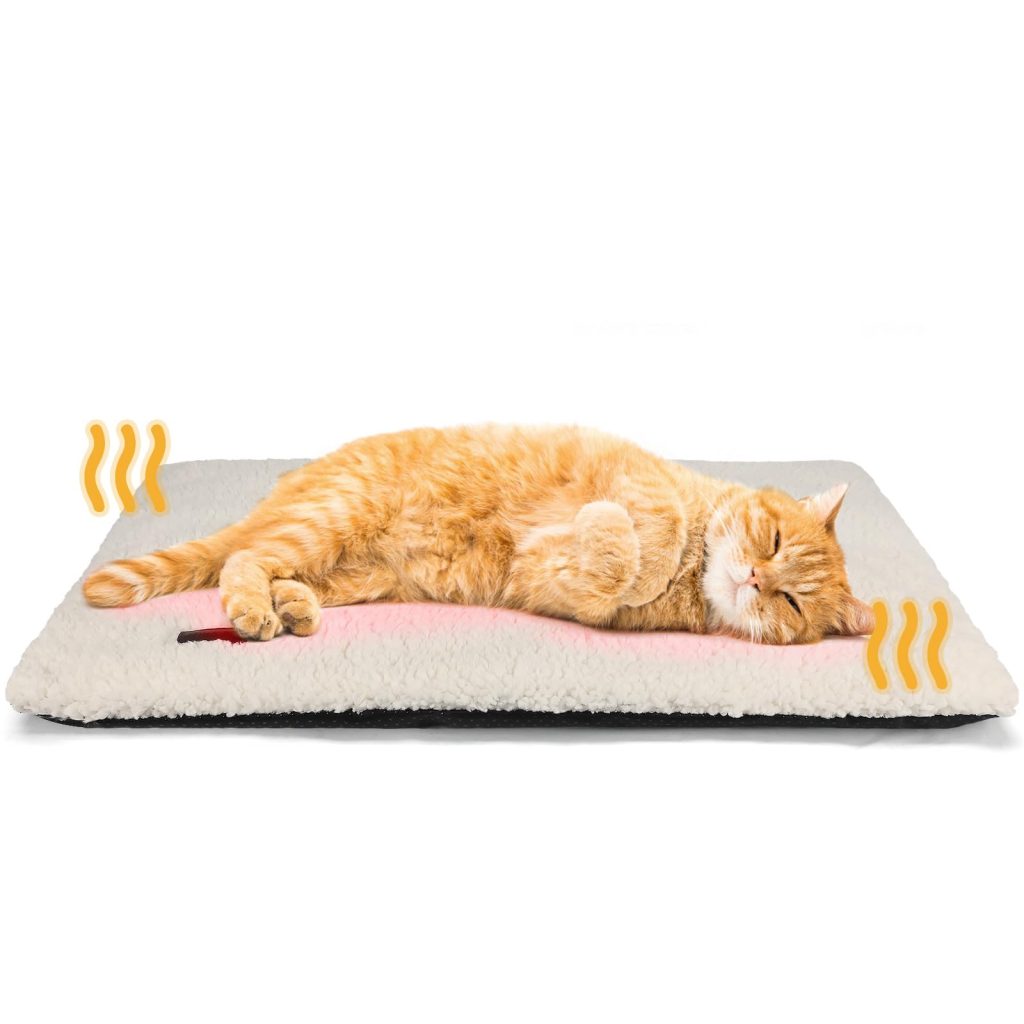
Cats and boxes. It is a combination that seems irresistible to our feline friends. But why do cats love boxes so much? What is it about this simple, enclosed space that captivates their attention and provides them with comfort and security? To understand the box fascination, we need to delve into the world of feline behavior and communication.
The Evolutionary Instinct
At its core, the love for boxes in cats can be traced back to their evolutionary instincts. Cats are natural predators, and they rely on their keen senses to hunt and survive in the wild. In the wild, small, enclosed spaces, such as burrows or caves, provide predators with a safe and secure den where they can hide from potential threats.
This instinct to seek out small, confined spaces for safety carries over into our domesticated cats. While they may not face the same dangers as their wild counterparts, the need for a secure hiding place is deeply ingrained in their DNA.
Sensory Stimulation
Boxes not only provide a sense of security for cats but also offer an opportunity for sensory stimulation. The tight space of a box creates a cozy environment that can help cats feel more grounded and in control. The walls of the box also provide a natural source of pressure, similar to being swaddled, which has a calming effect on cats.
Furthermore, cats have highly sensitive whiskers that help them navigate their surroundings. When a cat squeezes into a box, the whiskers brush against the sides, providing tactile feedback that can be pleasurable and comforting for them.
Observation and Predatory Behavior
Cats are natural observers, and boxes give them the ideal vantage point to watch the world around them. From the safety of a box, cats can observe their surroundings without feeling exposed or vulnerable. This allows them to satisfy their natural curiosity while feeling protected.
Additionally, boxes can serve as a hunting ground for cats. They often see boxes as potential hiding spots for prey, mimicking the experience of stalking and pouncing on unsuspecting targets. This playful behavior helps cats fulfill their predatory instincts even in the confines of our homes.
Training Techniques
Understanding why cats love boxes goes beyond mere curiosity; it also has practical applications in training. Providing your cat with appropriate boxes and hiding spots can help reduce anxiety and stress and improve their overall behavior.
Ponder setting up a designated “cat corner” with a variety of boxes of different sizes and materials. This will give your cat a choice and allow them to select the box that suits their individual preferences. Be sure to place the boxes in quiet areas where your cat can retreat when they need some alone time.
The Impact on the Cat-Owner Relationship
The fascination with boxes can also have a positive impact on the bond between cat and owner. By understanding and respecting your cat’s love for boxes, you can create an environment that makes them feel safe and secure. This, in turn, can help build trust and strengthen the relationship you share with your feline companion.
When introducing new boxes or rearranging existing ones, allow your cat to explore at their own pace. Avoid forcing them into boxes or disrupting their chosen hiding spots. Remember that the box provides them with a sense of control, so honoring their choices is essential for their well-being.
In conclusion, the inexplicable love that cats have for boxes is a combination of their evolutionary instincts, sensory stimulation, and the opportunity for observation and play. By providing your cat with suitable hiding spots, you can enhance their overall well-being, reduce stress, and strengthen the bond between you and your feline companion.







